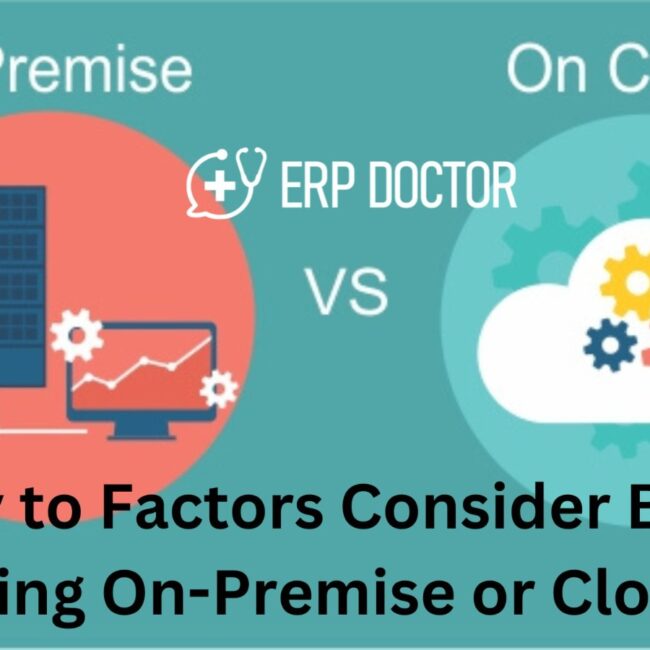Implementing ERP in Food Processing Industries
The Impact of ERP Systems on Decision-Making and Customer Satisfaction in Food Processing
The food processing industry transforms raw agricultural products into consumable goods through activities like sorting, packaging, and preserving. ERP systems benefit this industry by integrating operations, enhancing efficiency through automation of tasks like scheduling and inventory management, and enabling informed decision-making with real-time insights, ensuring compliance and improving profitability.
Optimizing Efficiency and Customer Experience Through ERP in Food Processing
An ERP system integrates various business processes into a single platform, providing real-time data and insights. This integration helps in:
- Streamlined Production Processes: Automating and optimizing production schedules, reducing downtime, and ensuring the smooth flow of materials.
- Inventory Management: Keeping track of inventory levels, reducing overstock and stockouts, and ensuring the freshness of raw materials and finished products.
- Quality Control: Monitoring and maintaining high-quality standards through the entire production process, from raw materials to finished goods.
- Regulatory Compliance: Ensuring compliance with food safety regulations and standards, reducing the risk of recalls and legal issues.
- Cost Control: Identifying cost-saving opportunities, such as reducing energy consumption and minimizing waste, ultimately improving the bottom line.
ERP Empowers Decision-Making and Elevates Customer Satisfaction
Effective decision-making and customer satisfaction are vital for the success and growth of food processing businesses. An ERP system can play a pivotal role in achieving these objectives by providing accurate, real-time data and analytics.
- Data-Driven Decisions: With access to comprehensive, real-time data, businesses can make informed decisions, forecast demand accurately, and plan production accordingly.
- Customer Relationship Management (CRM): Integrating CRM with ERP systems helps manage customer interactions, track orders, and improve response times, leading to higher customer satisfaction.
- Traceability and Transparency: An ERP system ensures end-to-end traceability of products, from raw materials to the final product, enhancing transparency and building customer trust.
- Supply Chain Optimization: By improving supply chain visibility and collaboration with suppliers, businesses can reduce lead times, optimize logistics, and respond quickly to market changes.
In conclusion, implementing an ERP system in the food processing industry brings numerous benefits, including improved efficiency, cost savings, enhanced decision-making, and increased customer satisfaction. By leveraging ERP technology, food processing companies can stay competitive, meet regulatory requirements, and achieve long-term growth.
Explore how ERP solutions can revolutionize your food processing operations. Visit this ERP solution now to discover tailored solutions that streamline processes, enhance decision-making, and elevate customer satisfaction. Take the first step towards efficiency and growth—explore our services today!
To learn more about our services, please visit us at: https://erpdoctor.in/






